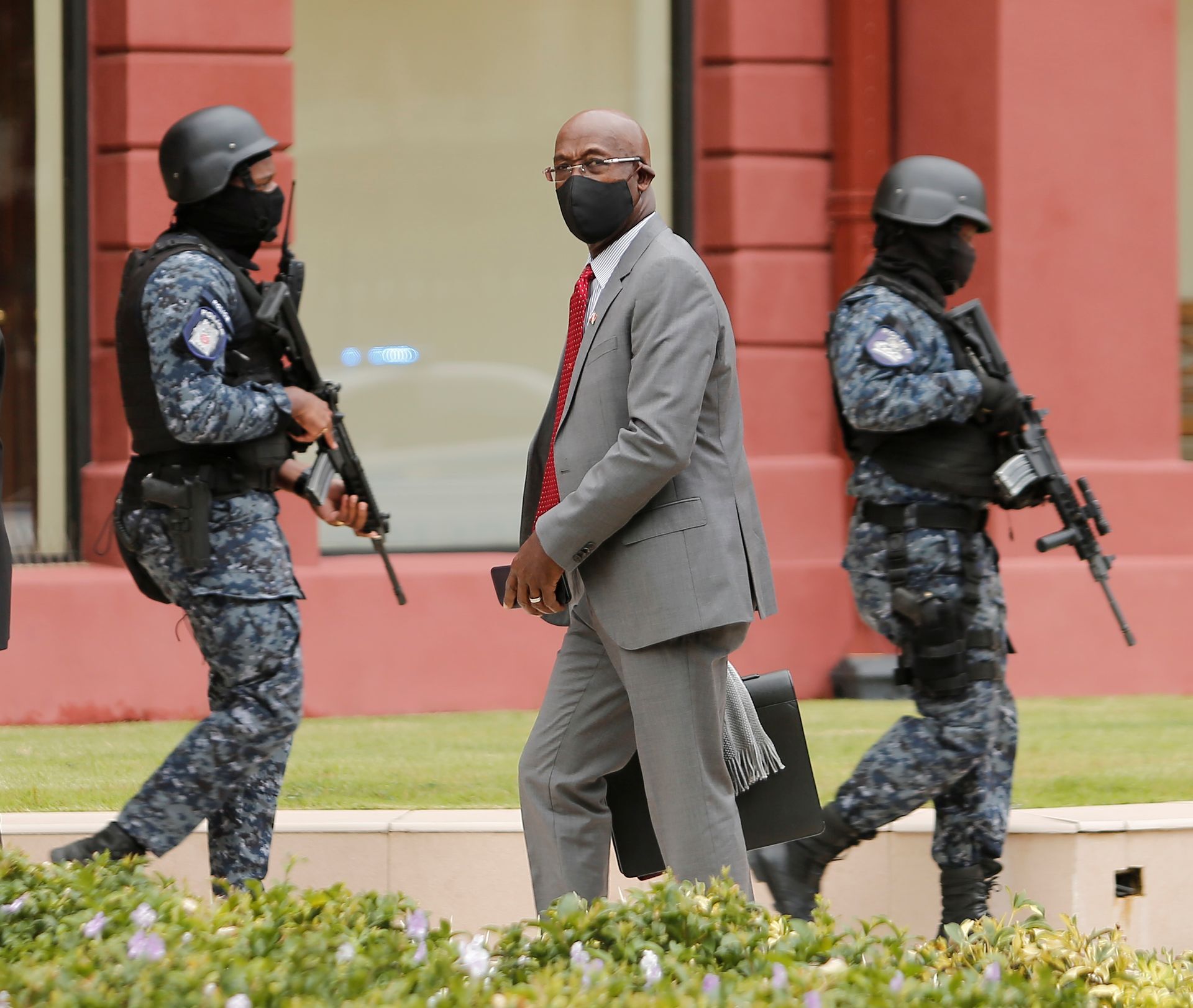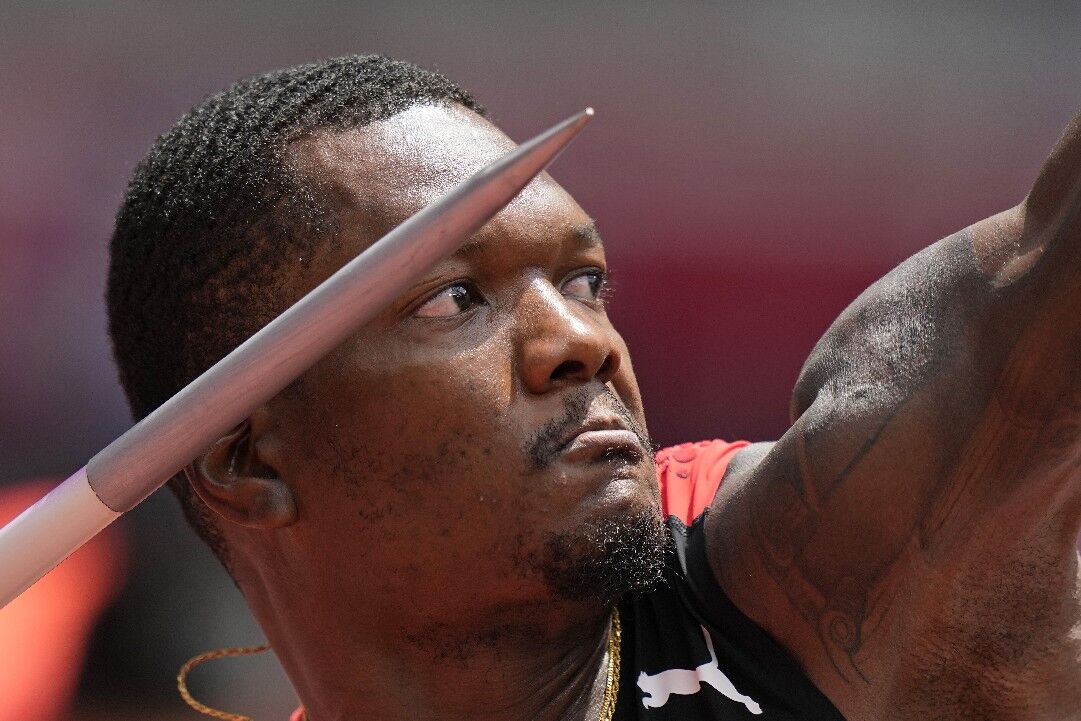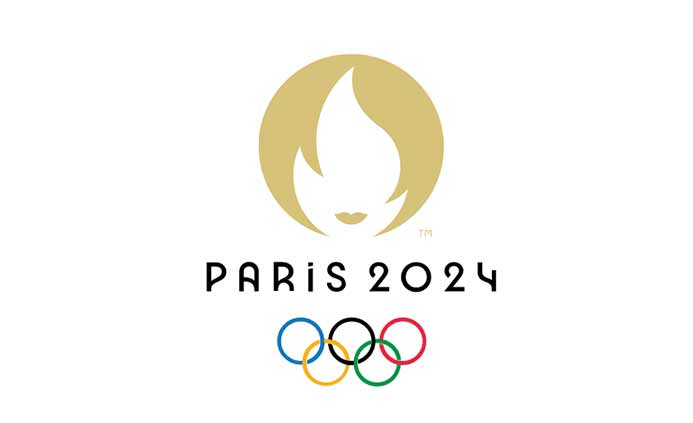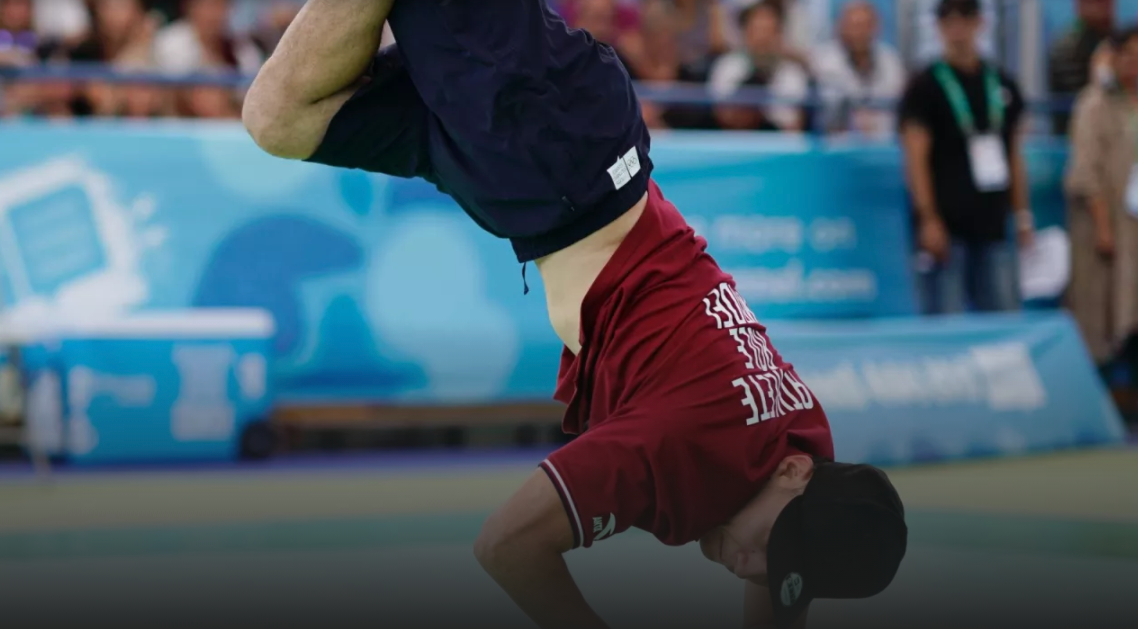Finance Minister Colm Imbert has announced a $52.4 billion Budget for the next fiscal year.
How break dancing made the leap from ’80s pop culture to the Olympic stage
When her son had his fill of piano lessons, Ellen Zavian began looking for some other activity to keep him busy. She paid a visit to a dance studio in Washington that specialized in breaking — better known as break dancing to anyone who remembers the 1980s or simply breakin’ to many participants — and it didn’t take long before mother and son were hooked.
Paris 2024 Olympic Games: Top five things to know
From the debut of a new Olympic sport to a groundbreaking new emblem, here are the top five things to know about the Paris 2024 Olympic Games.
BREAKING
Breaking is a style of dance that originated in the United States in the 1970s. It took form in the lively block parties in the Bronx, emerging from hip hop culture, and is characterised by acrobatic movements, stylised footwork and the key role played by the DJ and the MC (master of ceremonies) during battles.
Firefighter Muhammad gets military send off
Firefighter #3618 Jamiyla Atiya Muchammad was given a full military send off yesterday following a church service at the St Francis of Assisi Church in Belmont on Friday. Father Thomas Lawson officiated at the service.






